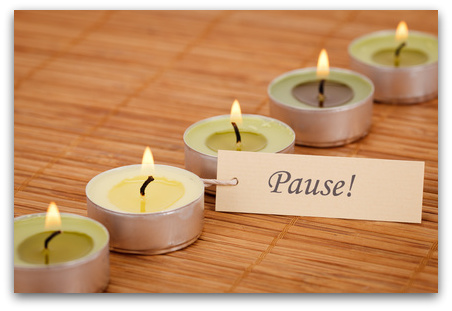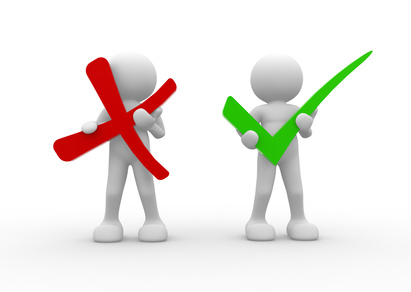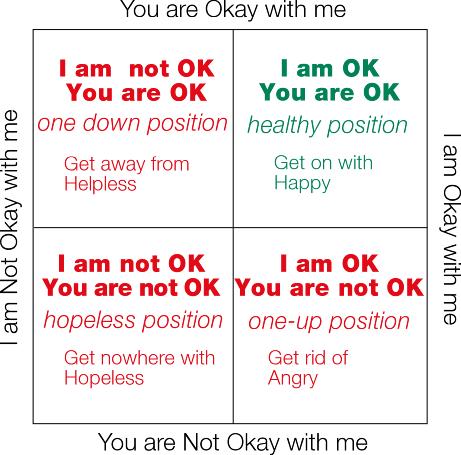Mental Pause can be a Game Changer
In this weeks guest post coach Diane Dutchin shares some of her experience and knowledge:

Mental Pause can be a Game Changer
By Diane Dutchin
Regardless of what part of the world you live in, mental health is becoming one of the most important topic of discussion equal to physical health. It has evolved as a growing concern not only in the health industry, but in our homes, schools and work place.
It’s about time, and long overdue! There’s shame in sharing about personal struggles with mental issues – fatigues, lows, struggles, stress or depression. Different types, depth, and occurred from various life experiences. We clam up because we don’t want to be judged, and looked at differently.
Listen, if our mental state is unwell, eventually the impact will be felt and seen in other areas of our lives. No one is immune to the effects of mental illness, no matter how brilliant, popular, loving, or successful you are, it can affect us, and yes, this applies to life coaches and counsellors too.
However, through honest conversation (sometimes hard conversations) exercise, and support, we can increase awareness, and help ourselves and others remove any stigma of shame and judgement associated with mental issues, and improve our mental state.
I consider myself a highly motivated, seeing the glass as half full person, however a year ago when I graduated college as a Life Coach and Counsellor, the transition back to work wasn’t as easy as I’d hoped, money ran out, and rejection from potential employers, found me at my all-time lowest…ever.
My first reaction was self-denial…not me, couldn’t be, I am in control! However, the energy needed to pretend was spent on crying at a drop of a hat, and thoughts going places I feared. I quickly learned that it was OK to express my fears, show my most scared fearful side, to a core group of people I completely trust.
Fortunately, my decline wasn’t as low as those who struggle with mental illness every day. My loving partner was there showing support to listen and ask questions about “how I felt”, why, affirmation and encouragement. A few close friends were there whenever I needed them. Realizing I could STOP pretending and BE honest, was the first step towards the mental nourishing I needed.
We’re masters at being busy doing, telling and pleasing, and fail miserably at mental-care, being present, sensitive, and honest with self. If we continue to expend more take in less, eventually like a car that needs fuel and oil to run effectively, we’ll have mental break-downs instead of break-through, easily agitated and deflated, instead of charged and elevated.
Why mental pause? Simply put, mental pause is meant to do just that – make us pause to give our minds a BREAK! Time to check in, filter and unload and sort through what the mind consumed during the day or week. Time ALONE allows us to stop DOING and practice BEING and make an intimate connect with self by tuning into the messages your body, mind, soul, intuition and senses are sending, and provides release space.
Let’s take a look at three exercises I use to elevate my mental state.
Mental Pause I – Practice meditation:
Connect to your spiritual side, nature, yoga, prayer, formal meditation, chanting, or mindfulness. Before your feet hit the floor express thankfulness or gratitude for at least one thing. Doing this helps sets the stage to centre your mind on starting your day off right.
Mental Pause II – Mind your Thoughts:
When, not if, but when your thoughts rise up to overwhelm and affect moods, pause and count your blessings (people, accomplishments and things you enjoy). The one thing we have control over is our thoughts, so bring awareness to what goes on between your ears, and the next time your mood shifts to anger, agitation, sad or anxious, pin point the thought and work it out, don’t let it sit and fester.
Mental Pause III – Solution focus:
When unexpected things happen in our lives it throws us off guard, and consumes our every thought. Stress, anxiety, anger, and fear interrupts the flow of finding a solution. By practicing meditation and minding our thoughts, we can use that time to figure out an answer. This might be a good time to reach out to another life coach to help you with that process.
Taking time to care for your mental state can be a game changer. It will put you more in control of your mental health, and empower you to be a better coach and person who practices what they preach.
To your health and enjoyment!
About Diane Dutchin
Diane Dutchin is a certified personal and development coach at www.makethemovecoaching.com

